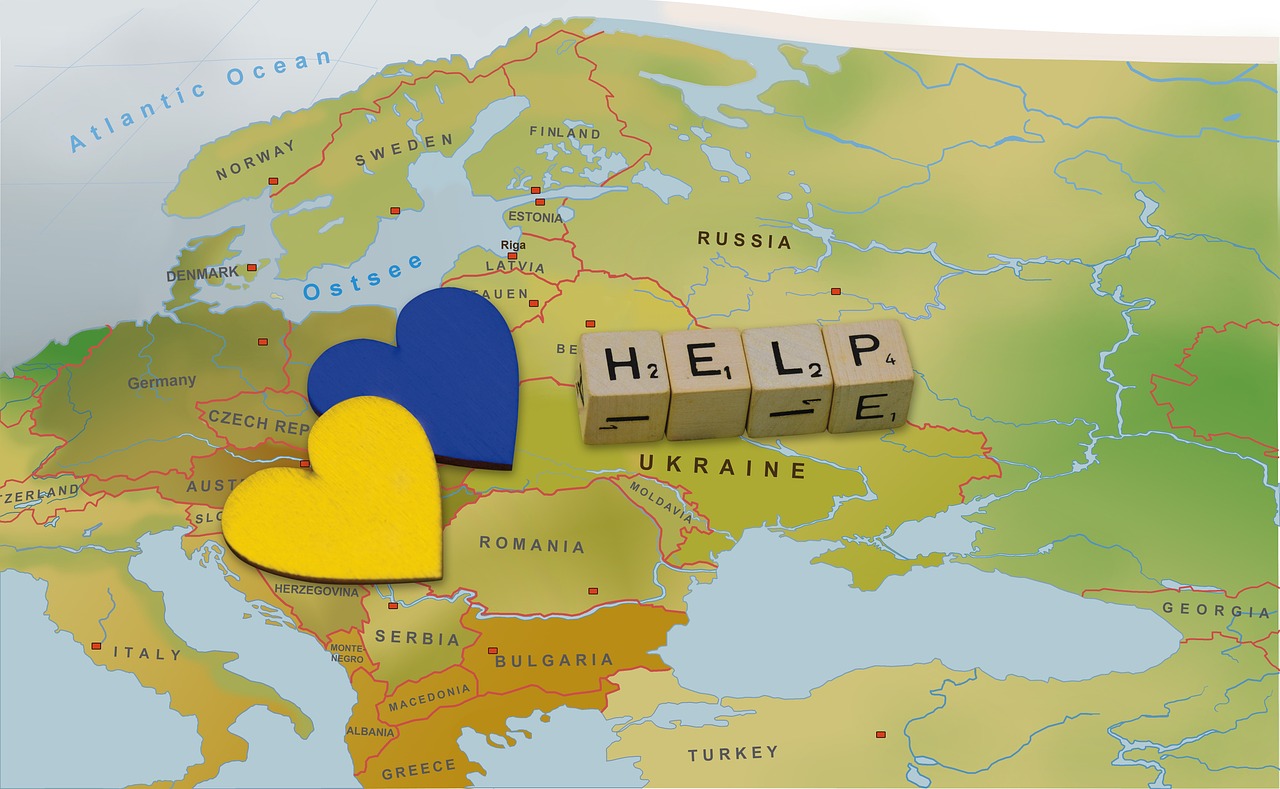Book Appointment Now

The Role of Nurses in Humanitarian Crisis Management
Humanitarian crises, whether natural disasters, armed conflicts, or public health emergencies, pose significant challenges to global health systems. Among the frontline responders are nurses, who play a pivotal role in managing crises by providing care, support, and leadership in chaotic environments. The role of nurses in humanitarian crisis management goes beyond administering first aid; it encompasses planning, coordinating, and delivering healthcare services to vulnerable populations.
Get a custom paper help about the role of nurses in humanitarian crisis management
Order Custom Nursing Paper
How Nurses Contribute During Humanitarian Crises
1. Delivering Emergency Medical Care
In the aftermath of disasters, nurses are often the first healthcare providers to arrive at the scene. They perform life-saving interventions such as wound care, infection prevention, and resuscitation while ensuring patients’ immediate needs are met.
2. Supporting Public Health Initiatives
Nurses play a key role in controlling the spread of infectious diseases during crises by:
- Educating communities on hygiene and sanitation practices.
- Administering vaccines in outbreak-prone areas.
- Implementing disease surveillance to identify and mitigate potential outbreaks.
These measures significantly reduce mortality and morbidity in affected populations.
The Multifaceted Roles of Nurses in Crisis Management
1. Crisis Preparedness and Training
Nurses contribute to disaster preparedness by participating in simulations, designing emergency response plans, and educating communities about potential risks. Their expertise ensures that healthcare systems remain resilient in times of crisis.
2. Mental Health Support
During crises, mental health often takes a backseat, but nurses prioritize psychological well-being. They:
- Provide counseling to survivors of trauma.
- Identify signs of post-traumatic stress disorder (PTSD).
- Refer patients to specialized mental health services when needed.
3. Advocating for Vulnerable Populations
In humanitarian crises, marginalized groups, including women, children, and the elderly, are often overlooked. Nurses act as advocates, ensuring equitable access to healthcare services for all.
Challenges Faced by Nurses in Humanitarian Crises
Despite their critical role, nurses face numerous challenges:
- Resource Scarcity: Limited access to medical supplies, clean water, and shelter hampers their ability to provide care.
- Safety Concerns: Nurses often operate in high-risk environments, exposing them to personal harm.
- Emotional Strain: Witnessing large-scale suffering can lead to burnout and compassion fatigue.
Why Nurses Are Indispensable in Crisis Management
1. Versatility and Adaptability
The ability of nurses to adapt to rapidly changing situations makes them invaluable in crisis settings. Their training equips them to handle diverse responsibilities, from basic healthcare delivery to complex surgical assistance.
2. Building Community Trust
Nurses’ empathetic approach fosters trust within affected communities, making it easier to implement public health interventions and gain compliance.
3. Promoting Long-Term Recovery
Beyond immediate relief, nurses contribute to long-term recovery efforts by:
- Rehabilitating injured individuals.
- Supporting maternal and child health.
- Strengthening local healthcare infrastructures.
In the face of growing global crises, the importance of the role of nurses in humanitarian crisis management cannot be overstated. Their ability to provide critical care, support mental health, and advocate for the underserved positions them as essential pillars in disaster response. By empowering nurses through training and resources, we can ensure a more effective and compassionate response to humanitarian emergencies.
Call to Action: Nurses worldwide continue to save lives and alleviate suffering. Let us recognize their contributions and invest in their training to prepare for the crises of tomorrow.







